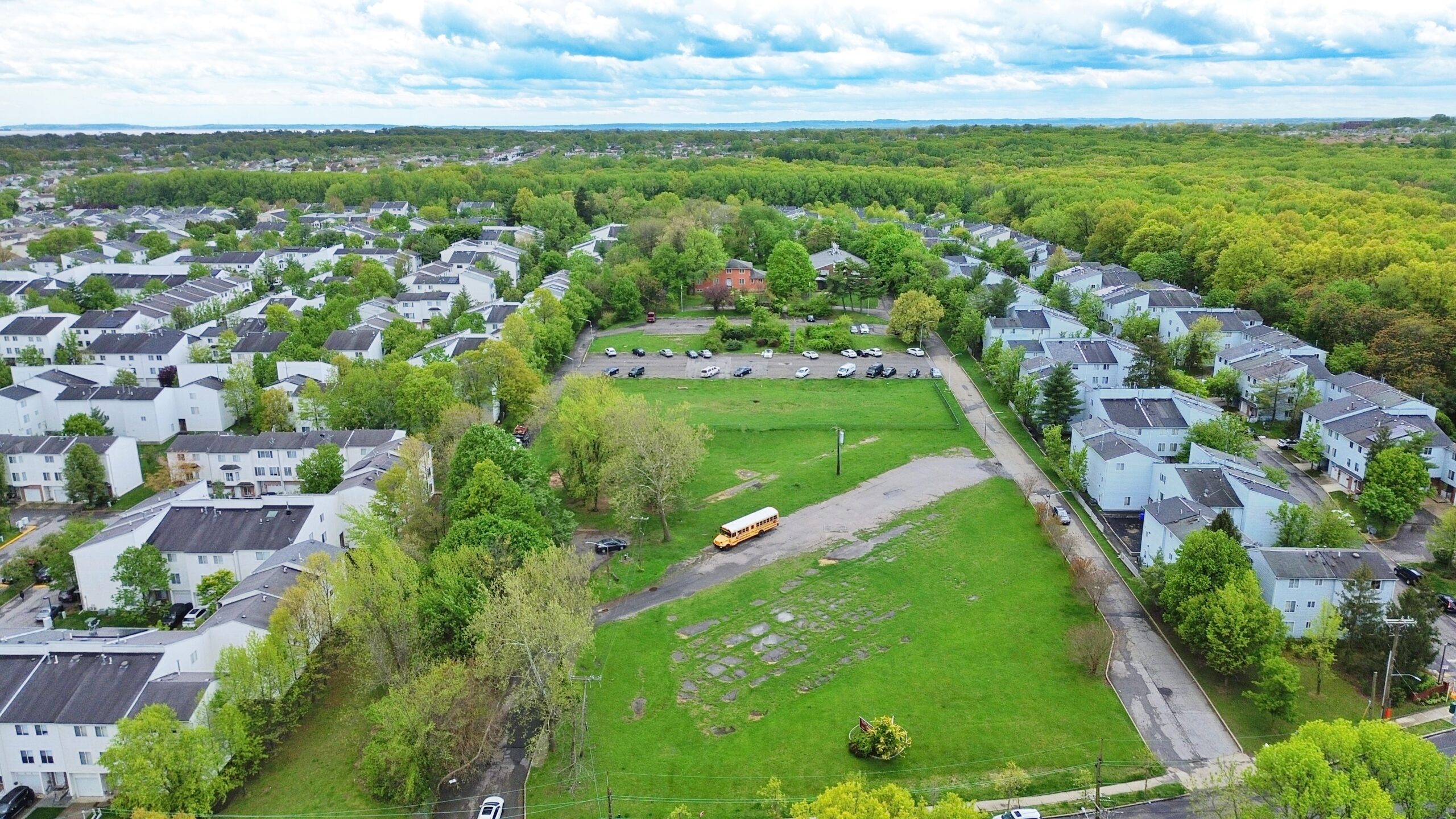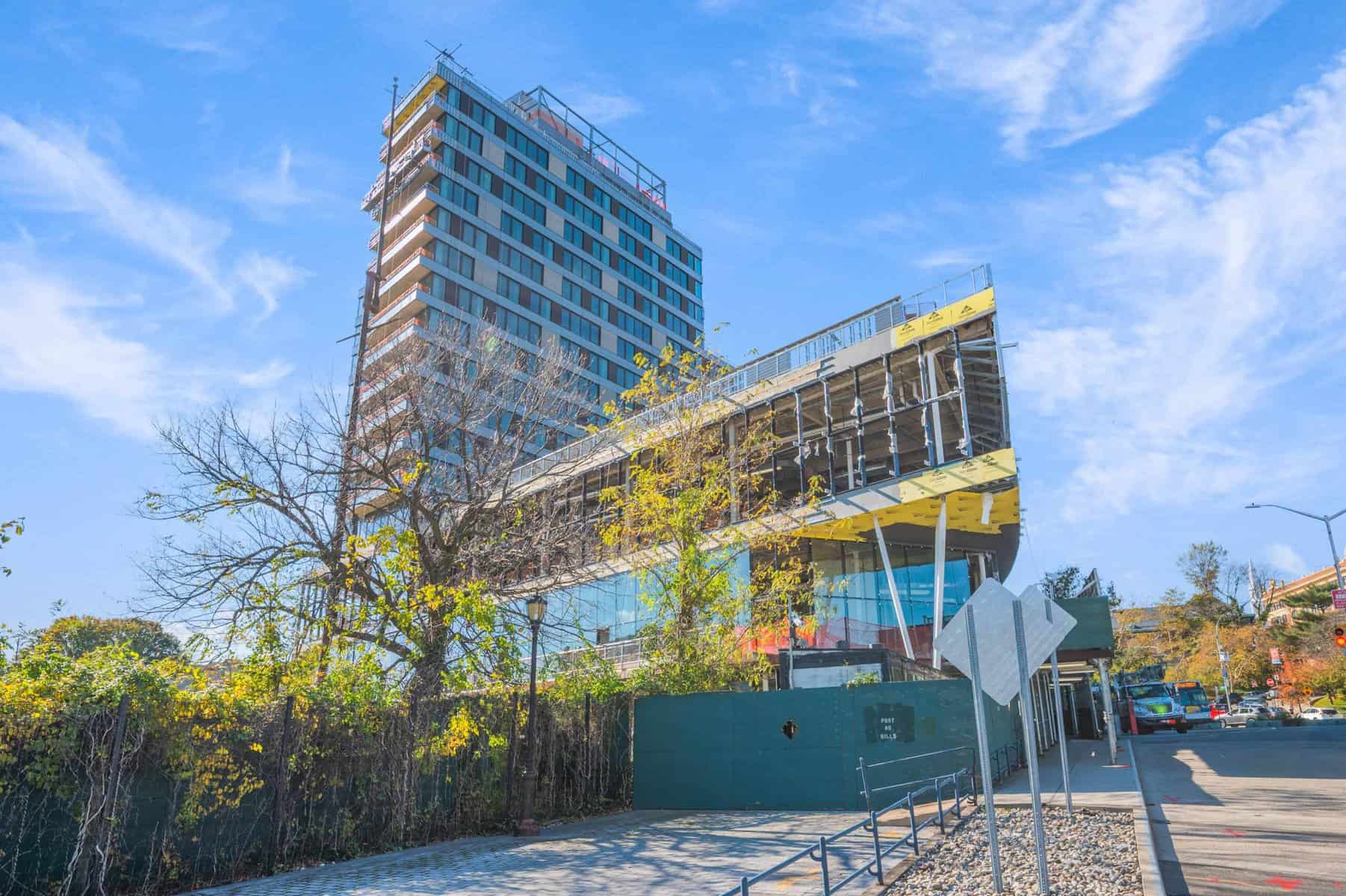How Much Does It Cost to Build a Pool?
Depending on the type of pool you build, you’ll spend between $13,695 – $39,478. This is an average cost—you could spend less if you go with a basic, no-frills pool or you could spend much more if you add landscaping and water features.
Don’t forget to figure in the cost of filling and maintaining the pool. It takes about 18,000-20,000 gallons of water to fill the average swimming pool and you pay for it. Then you have the upkeep including cleaning, testing the water, and buying pool chemicals.
By the time you sell your home, you’ve already spent a pretty penny on installation, upkeep, energy for heating and filtration, and insurance.
When you sell your home, how much of that investment will you get back? The answer to that question lies at least in part with the appraisal, but prospective buyers also hold a key.
Do Buyers in Your Market Want Pools?
To add value to your home, someone else must want to buy a home with a swimming pool.
You may attract several buyers with a swimming pool on their list of must-haves. Other buyers won’t even look at a home with a pool. They don’t have the time or the budget to maintain a swimming pool.
The climate you live in also matters. If you live in an area with long, hot summers that extend well into fall, more buyers may want pools. They’re especially attractive if there’s a strong potential to extend the swimming season by a few months.
In areas with short summers and cooler weather in general, pools are less desirable.
A Pool Is Either a Luxury or a Liability
After you add up installation and maintenance costs, you end up with a large sum to recoup when you sell your home.
How buyers view a pool determines whether you can use the pool as a selling point. If you live in a higher-end neighborhood where the majority of homes have pools, buyers will consider a pool a luxury, and in some cases, a necessity.
Of course, living in a warm climate helps elevate your pool’s luxury status. If the pool design blends well with the style of your home, you get another point. If it doesn’t take up the whole yard and it’s well maintained, you add a bit more to its value.
Keep in mind the age of your pool. If it’s over 20 years old, or you’re not planning to sell your home for 15-20 years, it’s not likely you’ll see much of a return on investment.
Overall, you may add about 7% to the value of your home by building a swimming pool—if your pool meets the above qualifications, and if you can attract a buyer who’s excited about a home with a pool.
How Does an Appraiser View Your Pool?
Find the right buyer is only the first step to selling a home with a swimming pool. Most buyers need financing and lenders want an appraisal.
It matters little what you’ve invested in the pool. What matters to an appraiser is the neighborhood and the current real estate market. The experts at D Fritz Appraisals say both impact how they determine how much value your pool adds to your home.
To determine how much value your pool adds to the value of your home, the appraiser reviews the sales price of other homes in your neighborhood. They review homes with and without swimming pools. It’s essential to look at both so that they can determine how the closed selling price of homes with pools compares to the selling price of homes without pools.
How Much Value Does a Pool Add to an Appraisal Today?
Building a swimming pool with hopes that it will increase the value of your home in 20 years doesn’t make much sense. What about the homeowner who built several years ago and wants to sell their home now?
In addition to neighborhood and market conditions, an appraiser also looks at several details about your pool.
They determine the pool’s worth based on its construction. An inground pool will have more value than an above ground pool. The appraiser also looks at whether you’ve built a plain vanilla pool or one with ornate features like landscaping and waterfalls.
If your pool is aging and needs updating, the appraiser may calculate a lower value.
At the end of the day, it’s still about the market conditions and whether buyers in your market will pay more for homes with swimming pools.
Interested in More Articles Like This?
We hope this post helped you understand how swimming pools impact home appraisals (and home values). As you can see, several variables go into figuring out the answer to the question of “how much value does a pool add to an appraisal?”
You can’t put a price on the enjoyment a pool can bring to you and your family. Instead of viewing it as an investment in your home, look at it as an investment in your lifestyle. You may or may not recoup the monetary part of the investment when you sell your home.
If you’ve enjoyed reading this article, we’d love you to continue browsing the blog. You’ll find a wide range of articles for both home sellers and home buyers.







Leave a Comment